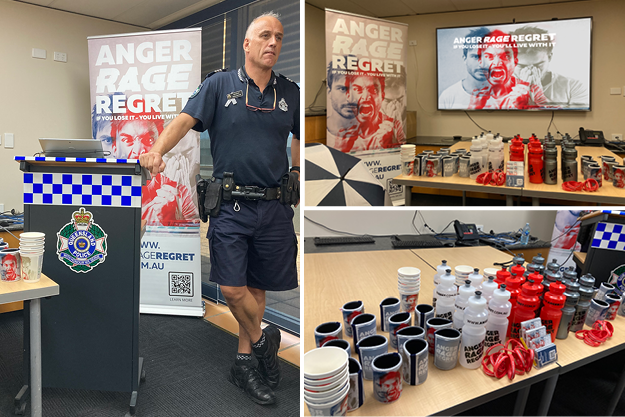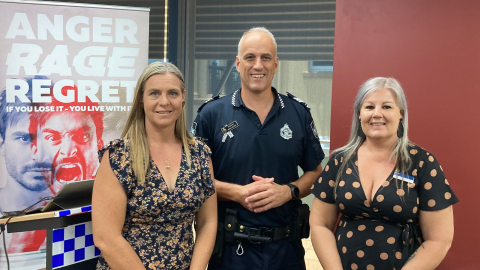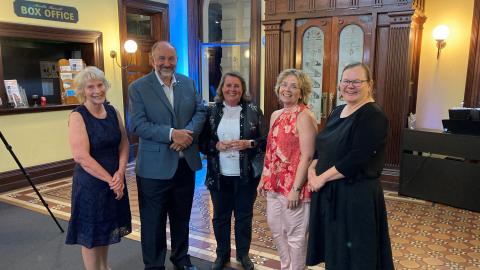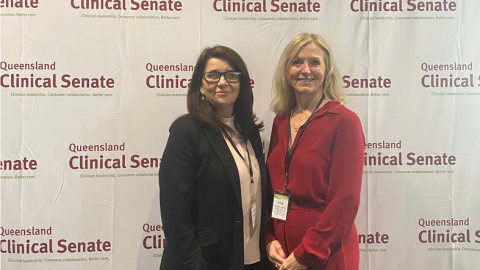A massive 81.7 per cent of the Australian population finds reading challenging and confusing or is unable to read, according to Australian Council for Adult Literacy President Jo Medlin who presented at the recent National Medicine Symposium hosted by NPS MedicineWise on Tuesday 31 May 2022.
The focus of the virtual symposium was the ABC of Health Literacy—how people understand information about health and health care and how they act on it. The event highlighted the need for health professionals to support consumers to build their health literacy, with keynote speakers providing practical solutions and insights.
Professor Donald Nutbeam outlined the fundamental relationship between participation in education, literacy, and health outcomes, with individuals with lower levels of literacy being generally less responsive to health education, less likely to use disease prevention services and medicines as intended, and less likely to successfully manage chronic disease. By reviewing how we communicate health advice and information, Professor Nutbeam shared that it is possible to improve health literacy and health outcomes of the community.
Professor Nutbeam proposed improving health literacy by:
- using simplified text and pictures in written communication (plain language)
- applying shared decision-making techniques
- helping people to learn (teach-back methodologies)
- reducing barriers in accessing health services.
Behavioural Scientist Doctor Julie Ayre from the Sydney Health Literacy Lab introduced healthcare professionals to The SHeLL Editor, a free tool designed to support practitioners to provide better care to patients with unmet general literacy and health literacy needs.
Writing in plain language doesn’t come naturally for most of us, with Doctor Ayre reporting that an examination of COVID-19 public information materials showed an average reading level of year 12. However, she suggested we need to be working towards providing information and materials at a year eight reading level to meet the needs of health consumers.
The SHeLL Editor was created to support healthcare providers with producing materials that reflect and meet the needs of the average reading level of the population by assessing and modifying text to an appropriate reading level.
The Editor provides prompts on the language used in the text analysed, providing objective and immediate feedback regarding the grade score reading level, readability, complexity, and the use of passive voice. The Editor providers users with suggestions on how to simplify text, using the CDC Health Thesaurus to offer simpler medical terms. The scope of use for the Editor includes patient education materials, signs, and posters for use in primary care clinics, social media content, and any other information or health advice produced for consumers.
The SHeLL Editor is free to access, with a tutorial available the first time the Editor is launched.
To learn more or access The SHeLL Editor, visit https://sydneyhealthliteracylab.org.au/the-shell-editor/





